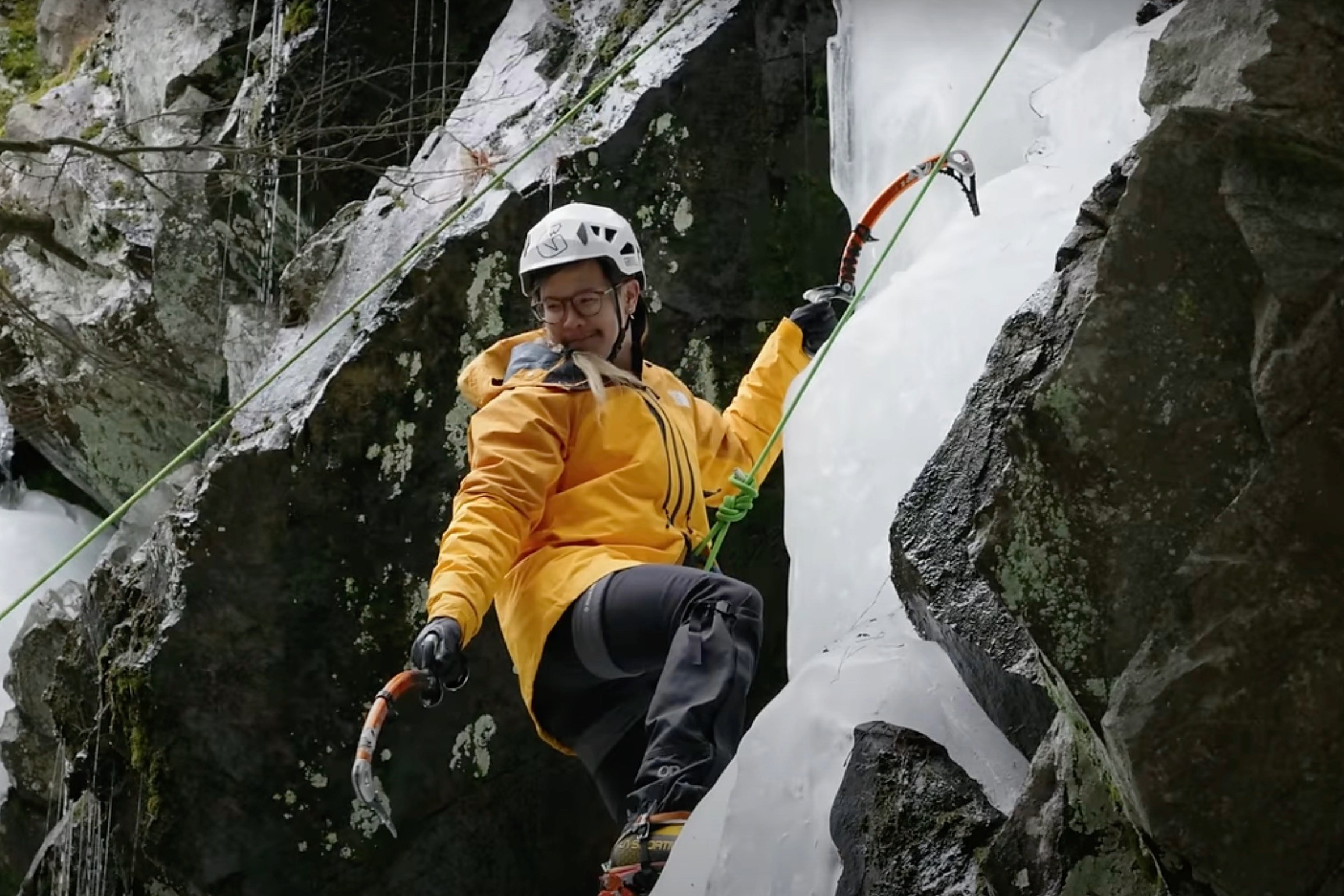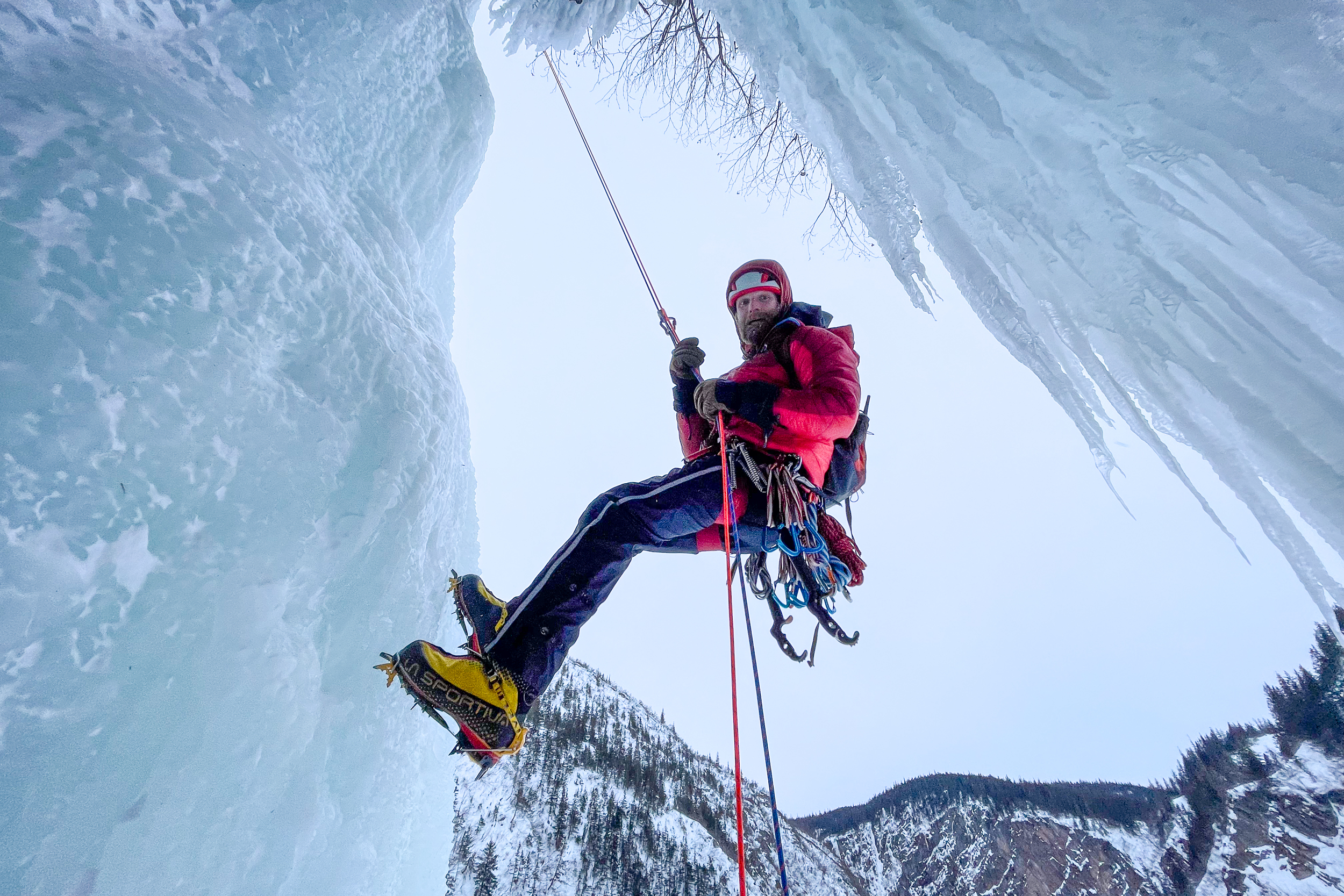
Ice Climbing will be a part of the world’s largest sporting stage, albeit as a bit of a sideshow, when the 2014 Winter Olympic Games take over in Sochi, Russia, February 7 – 23, 2014.
The activity, usually practiced in remote canyons, will get its spot in the limelight at Sochi as an “event” but not an official medals competition. Climbers from around the world will showcase the incredible gymnastic moves and upper body power of athletes as they scale steep and tricky routes.
We got an inside track to the Games with Gordon McArthur, an ice climber from British Columbia who will compete in the sport on Team Canada.
“Despite it not being a medal sport, it’s still a huge opportunity to grow the sport in the eyes of the world and push for it to become an actual Olympic event,” McArthur said. “This opportunity is essentially a once-in-a-lifetime chance. I’m really excited.”

Climbers won’t actually swing picks into natural ice at the Olympics. Instead, a tough, foam-like material will be the medium. The overhanging routes are “mixed climbing,” meaning that the athletes will use a combination of tool-swinging sticks and gentle hooks that simulate moves over dry rock.
As ice climbing is generally an individual, almost private undertaking, the move to a competitive arena brings out a different side for athletes. “In competition, specifically, there’s so much of a mind game going on. To hone that, to be a master of mental toughness, it crosses over into everyday life, too,” McArthur said.

He continued, “What I learn in the ring of climbing, mentally, I apply to my life, too, or the other way around…ahha…sometimes I lose track which side is helping which.”
Like many climbers, McArthur likes the attention that the Olympic exhibition will bring to the sport “to make it known that ice climbing is such an amazing sport and fully worthy of becoming an actual medal event in the near future.”

Training for the Olympics takes dedication. However, athletes also have to make a living. Gordon is a graphic designer by day. “Typically, I train 2 – 4 hours per day, depending on the day,” he said.
“I spend a lot of time in my backyard, climbing and training on my climbing structure, which I’ve named The Great Arch. I’ve been training for six months now and am currently in the comp-specific stage, working on technique. But throughout the entirety of my training plan, I spend a lot of time working on power.”

We’ve spoken with a few athletes in newly-inducted sports (more interviews coming soon) and they share excitement for being included, somewhat unexpectedly, in the Sochi Games.
Gordon shares their enthusiasm: “I’ve always wanted to be in the Olympics, for sure, since at a young age,” he said. “But I never dreamed it would be ice climbing!”
—Sean McCoy is managing editor. You can read more about the Olympic ice climbing competitions from the International Mountaineering and Climbing Federation.






